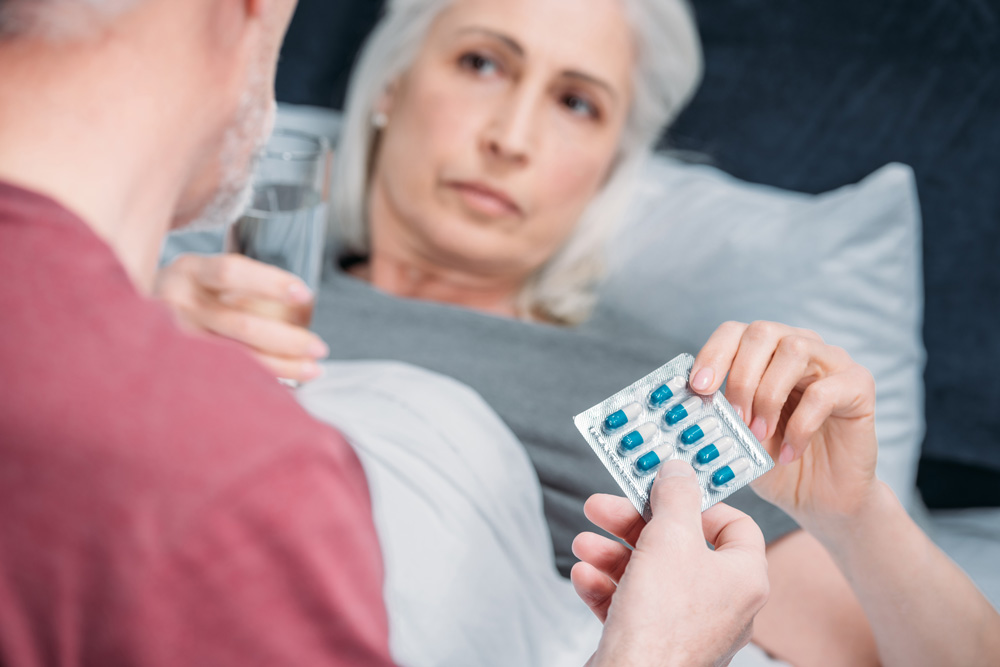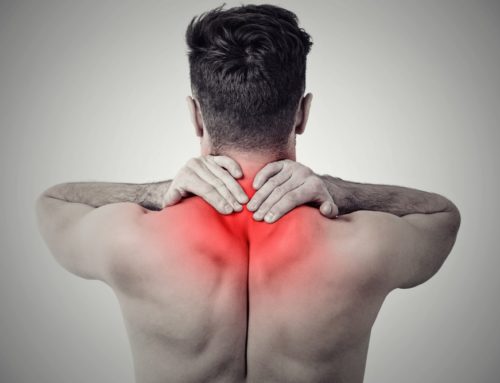Treatment Options for Damaged Nerves
Damaged nerves prevent messages from traveling from the brain to specific areas of the body and back. Such nerve impairment can heal, depending on the cause and severity of the injury. Those with mild to medium issues may not even require surgical intervention. Instead, their medical team may prescribe less invasive measures to regain function and reduce uncomfortable symptoms.
One of the most often recommended treatments for neuropathy is physical therapy. A trained therapist guides individuals through tailored exercise programs designed to work the affected areas. These movements keep the joints and muscles active, preventing atrophy while improving sensations.
For more information on this and other neuropathy remedies, check out the following sections.

Damaged Nerves Treatments
The first step to recovery is to treat any underlying causes of neuropathy. Doing so allows the nerves to heal and reduces or eliminates the symptoms. Here are the complementary therapies that may help.
Physical therapy includes exercises and movements to help restore muscle and joint function. Those exercises also improve strength, range of motion, and flexibility while reducing numbness, cramps, and other symptoms.
Even without physical therapy, regular exercise should still be part of your routine to encourage nerve recovery.
Electrical stimulation uses electricity to activate the muscles affected when the nerves are damaged. The stimulation maintains muscle functions while the nerves repair themselves.
Massage therapy helps to improve circulation and improve blood flow to the affected area, providing more oxygen. Massage can also improve joint flexibility and muscle mobility, and both are crucial for damaged nerves.
Acupuncture may also reduce neuropathy symptoms in some individuals. Studies suggest that acupuncture can help the release of neurotransmitters and thus help to repair nerve function. It can stimulate peripheral nerves and improve sensation.
Pain is a common symptom of neuropathy, so you may require medication to manage and relieve the discomfort. Braces, splints, and other assistive devices help maintain proper positioning and improve function.
Excess weight puts extra pressure on damaged nerves, so combining exercise and nutrition education is often required.
Underlying causes and signs
The nervous system is quite complex, containing two different areas. The central nervous system includes the brain and spinal cord, which are the primary control centers. The peripheral nervous system connects all other areas of the body to the central nervous system. Though they work together, how they’re damaged, and the signs of neuropathy aren’t always identical.
Central nervous system injuries are often instantaneous, resulting from falls, sports injuries, or accidents. More serious causes, such as explosive blasts or gunshots, may also cause severely damaged nerves. Neuropathy is even caused by medical issues, including a stroke or brain aneurysm.
The signs of central nervous system injury may include numbness, tingling, weakness, or even paralysis. Vision problems, sudden headaches, issues using or understanding speech, confusion, nausea, vomiting, and dizziness may also occur.
Injuries to the peripheral nervous system may happen slowly over time, resulting from repetitive microtrauma like carpal tunnel syndrome. Damaged nerves may also be immediate from falls, accidents, or sports. Medical conditions, such as diabetes, autoimmune disorders, viral illnesses, or birth trauma, also cause neuropathy.
When the injury or trauma is mild, the nerves are often stunned, though still intact. Partial injuries may slowly regenerate, while complete injuries likely require surgery to repair the damage. The signs vary, depending on the severity of the issue, though they may include tingling, numbness, weakness, hypersensitivity, and pain.
Resources:
https://www.mayoclinic.org/diseases-conditions/peripheral-nerve-injuries/diagnosis-treatment/drc-20355632
https://www.mayoclinichealthsystem.org/hometown-health/speaking-of-health/treating-repairing-nervous-system
https://www.medstarhealth.org/blog/nerve-pain-after-injury-surgery
This article is for educational and informational purpose only and does not substitute for professional medical advice. For any questions about your own health condition, speak to a qualified physician or healthcare provider.







Leave A Comment